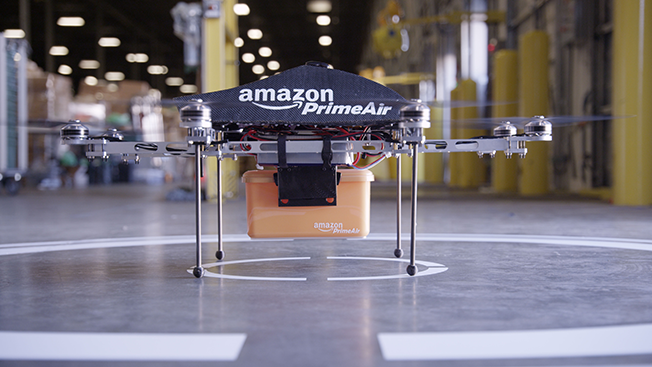Inspiration meets innovation at Brandweek, the ultimate marketing experience. Join industry luminaries, rising talent and strategic experts in Phoenix, Arizona this September 23–26 to assess challenges, develop solutions and create new pathways for growth. Register early to save.
The strongest human impulse when confronting extreme technology can either be to push back or stick with the status quo. Think about the movie industry when TV first appeared or the music business in the early days of the internet. In stark contrast to these examples of extreme ostrich syndrome, the advertising industry has been comparatively quick to adapt to technological changes, displaying an ability to rapidly embrace the next new thing rather than run from it.
Take artificial intelligence for example. Eighteen months ago you would have been hard-pressed to find a story about AI outside of a tech publication. Today, the ad trades are filled with headlines about it. However, while embracing and planning for the most obvious, immediate and sexy aspects of technology like AI and virtual reality, we must also consider the "software," the behavioral changes that will impact marketing in the next decade.

Simon Pugh
Working in partnership with Kevin Kelly, author of The Inevitable: Understanding the 12 Technological Forces That Will Shape Our Future, PHD has been exploring the marketing implications of these behavioral shifts, both individually and collectively, implications that are every bit as significant—perhaps even more so—as those of refrigerators that automatically order your groceries or VPAs that book hotel reservations.
As apps like Snapchat, WeChat and WhatsApp show, we are quickly moving toward a reality in which everything happens in real time. From communication to coordination to purchase, marketers will need to react with the pace of consumers (think "right time, right message, right place" on steroids). The point of engagement and the point of transaction are converging, meaning brands that can offer immediacy, personalization, authenticity and accessibility will win out.
The natural outcome of this real-time reality for people is the expectation of instant gratification. We are rapidly approaching the instant gratification inflection point, closing in on the time when consumers demand products and services delivered anywhere at any time. Already, marketers are rushing to meet these growing demands (just look at Amazon's "get it the same day by drone delivery" offer). The need for speed will only increase as technology enables and advances such an all-access economy.
This will put added pressure on marketers to deliver their messages at the precise moment decisions are made, if not before. It's a mandate that will become increasingly complicated as people turn to more sophisticated filters to help them manage the sheer volume of content available.
Filtering technology promises to alleviate this burden of choice by giving us more relevant personalized content, requiring marketers to meet the expectation of personalization on the same level. Amazon, Google and Facebook have already paved the way for this level of filtering. As the tool reaches cognified capability, marketers must be ready to make the shift from audiences to algorithms, from a world in which scaling a brand idea relies on the ability to distribute a message to millions of people to a world where millions of personalized messages will be delivered to individuals simultaneously. As a result, communication planning as we know it will need to evolve, as we reassess the value of communications that play out in real time, where people are ready to act.
Clearly the challenges of delivering instant gratification in a real-time, all-access, highly personalized world will be significant, but it is also an open frontier for the curious and the courageous. And, as history has shown us, curiosity and courage are the hallmarks of great marketers and great marketing.
Simon Pugh is head of strategy and communications planning at PHD West, which has just published Predestination, a marketing lens on the key tech trends shaping the future, from which this column was excerpted.








